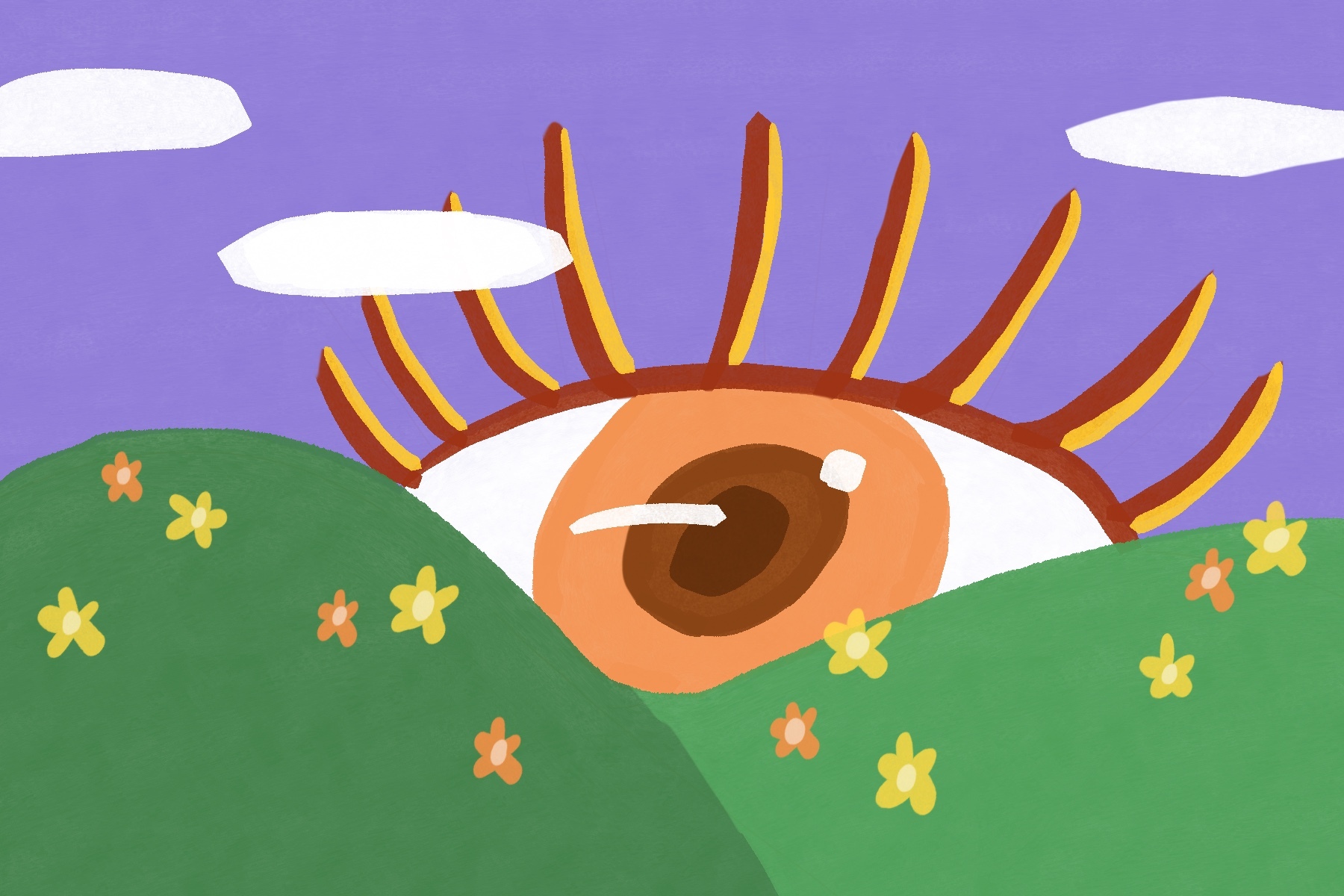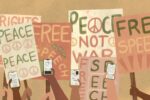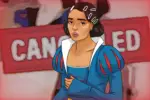Dystopian media has been incredibly influential since the genre was kickstarted by Jack London’s 1907 novel, “The Iron Heel,” and Yevgeny Zamyatin’s 1924 novel, “We.” These two works are known as the grandfathers of the futuristic, dystopian genre and have inspired some of the best-known dystopian literature that has come out of the 20th century.
They influenced books like “1984” by George Orwell, “Brave New World” by Aldous Huxley and “Anthem” by Ayn Rand, who have all made a similar mark on the literary world with their compelling visions of extreme societal distress and protagonists that endure and, sometimes, dissent against those in immoral positions of power over them.
However, there’s an accompanying stigma that marks works like these as exaggerated, near caricatures. These novels are seen as unrealistic by young people, becoming fantastical rather than cautionary.
That was until the resurgence of dystopian media in young adult fiction in recent years.
Due to works like “The Hunger Games” by Suzanne Collins, “Divergent” by Veronica Roth and “The Maze Runner” by James Dashner, this genre has become an integral part of entertainment. These titles made the early 2010s the start of the dystopian genre renaissance.
Their messages were popularized through their depictions of fascinating characters, compelling storytelling and captivating romances. These authors were able to simultaneously horrify their readers with their portrayals of corrupt governments and brutal mistreatment, while assuaging them with relatable protagonists.
As the 2010s have demonstrated, inserting like-minded characters as the rebellious heroes fighting against injustice has made these tales of woe more digestible to young readers. The novels accessed young people’s way of thinking about their own impact on society and how the righteous should always prevail over corruption. The fact that movie releases were usually coupled with these works allowed this message to reach even larger audiences.
As today’s social climate takes a significant turn toward public unrest, young people have been making their voices heard on the streets, on social media and in their everyday lives. For example, the Black Lives Matter movement (BLM) has gained massive traction in the past few months since the murder of George Floyd.
Though massive social change has become prevalent in the last few years, the BLM movement has incited an extraordinarily vocal response due to the public’s unwillingness to lose any more Black lives to police brutality.
Though there have been cases of vandalism and looting, the majority of protests have stayed peaceful and have only escalated into riots when police have instigated violence at demonstrations.
Even with the threat of carnage, along with the risk of contracting COVID-19, thousands of young people continue to brave the streets to prove their dedication to the cause.
So, is this idealistic commitment to the movement a learned behavior from our favorite authors from our youth? Did dystopian media show us too many possibilities for a darker reality and turn our generation into extreme advocates for change?
Most importantly, should this relationship be something to fear?
As the country continues to take a turn for the worse and U.S. politicians resemble the oppressive forces that are depicted in these harrowing dystopian novels, a connection begins to form between young people’s activism and the media they’ve consumed.
The Washington Post and Psyche Magazine documented a 2019 study based on an assortment of college students. They tested these students’ opinions on political activism and how they responded to acts of violence and riots in the name of a greater cause.
One group was exposed to aggressive scenes from “The Hunger Games” beforehand, another was subjected to excitable scenes from “The Fast and the Furious” franchise and the last one was subjected to no media.
Assistant Professor Calvert Jones wrote, “Dystopian fiction shaped people’s ethical judgments. It heightened their willingness to justify radical political action compared with the no-media controls. … Equally violent and high-adrenaline action scenes from Fast and Furious had no such effect. So violent imagery alone could not explain our findings.”
Jones specifies that participants shown rebellious scenes were around 8% more likely to agree to view radical and violent protest as understandable. This focus groups revealed that the fiction made them feel “ready for action … that even ordinary people ‘can challenge the status quo’ and “rebel against the system.’”
While the study didn’t necessarily prove that these students were more likely to overthrow the government, it proved that dystopian media increased their openness to extreme forms of political action.
So, is this reaction something to fear?
It seems that society considers this reaction a threat to maintaining public peace. This belief was evidenced in 2017 through the U.S. Department of Education’s efforts to ban a multitude of dystopian books in schools. This collection included “Fahrenheit 451” by Ray Bradbury, “The Handmaid’s Tale” by Margaret Atwood as well as “1984” and “Brave New World.”
All these novels contain a message of defiance against repression and each has been continuously questioned by authority figures as “too dark” to be trusted in the hands of young people.
Dystopian media may play a role in young individuals’ acceptance of radical political action against tyrannical forces. However, that does not mean it is the only factor.
Though this is a generation that is out on the streets calling for change, it is a group of people that have been preceded by older generations. Before BLM, there was the civil rights movement, and before #MeToo, there was the pro-choice and women’s suffrage movement.
Change was incited by our ancestors before us, just as it will be for our children and grandchildren.
There will always be a push for the betterment of society from those who can envision an improved future. Or, in this case, fear a graver one.
















